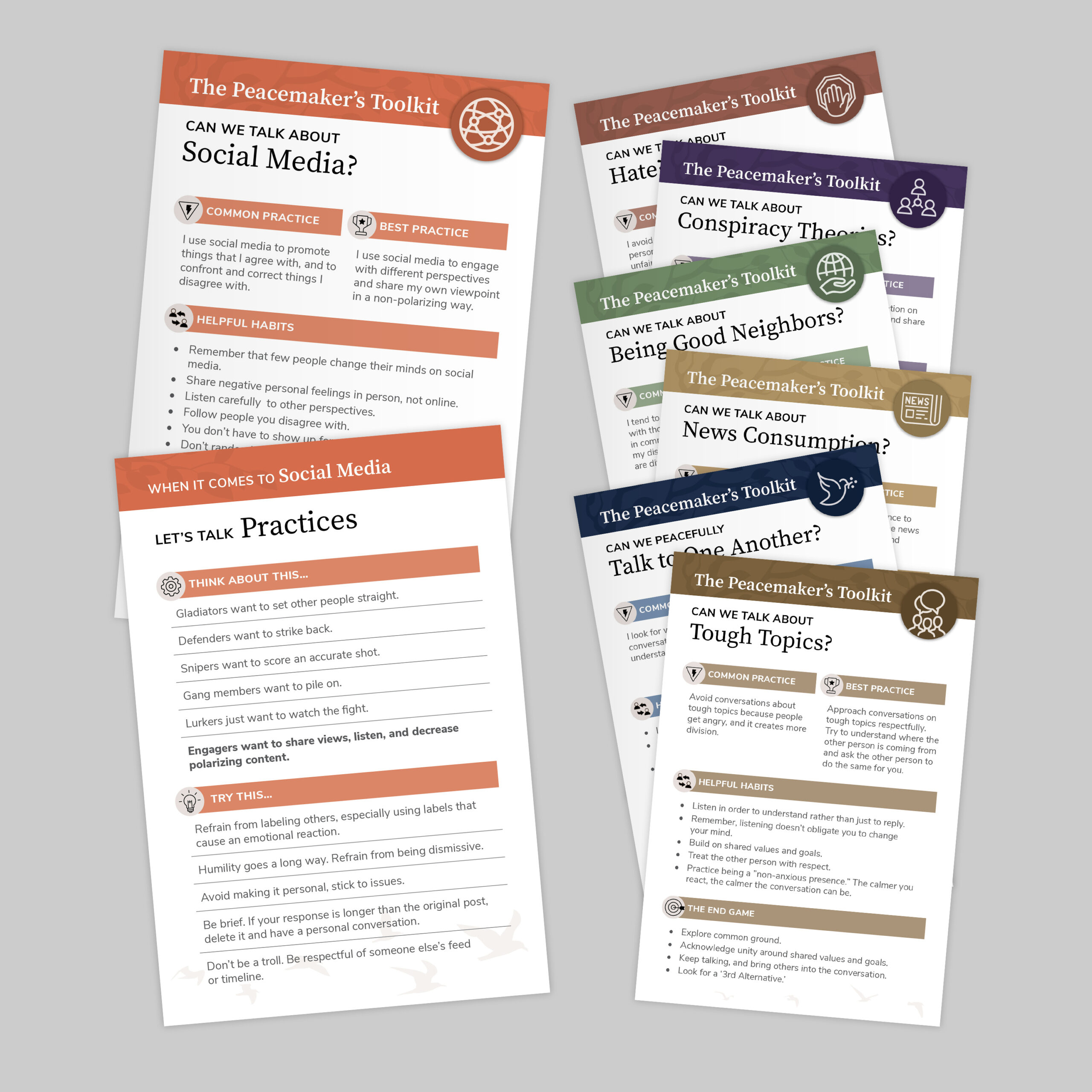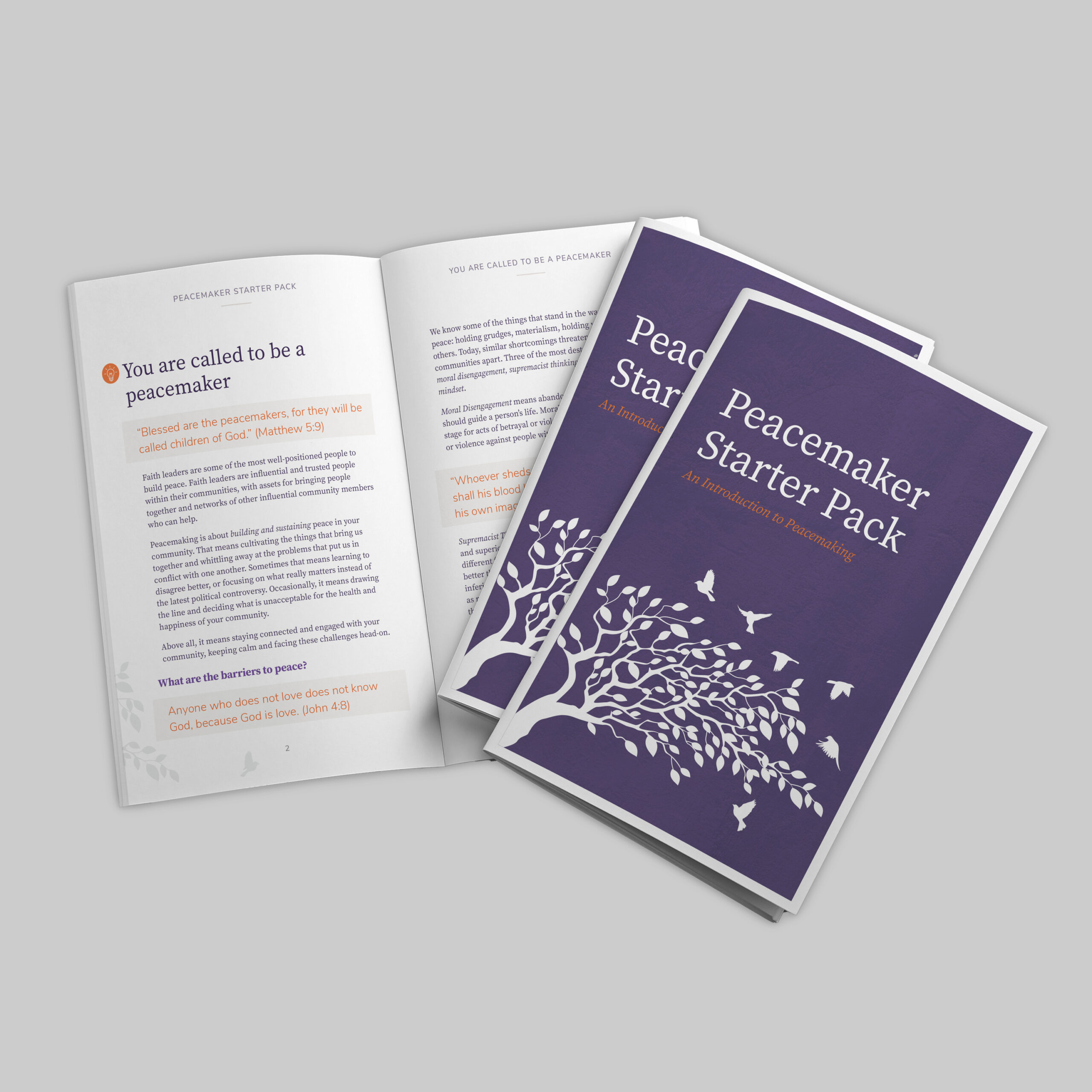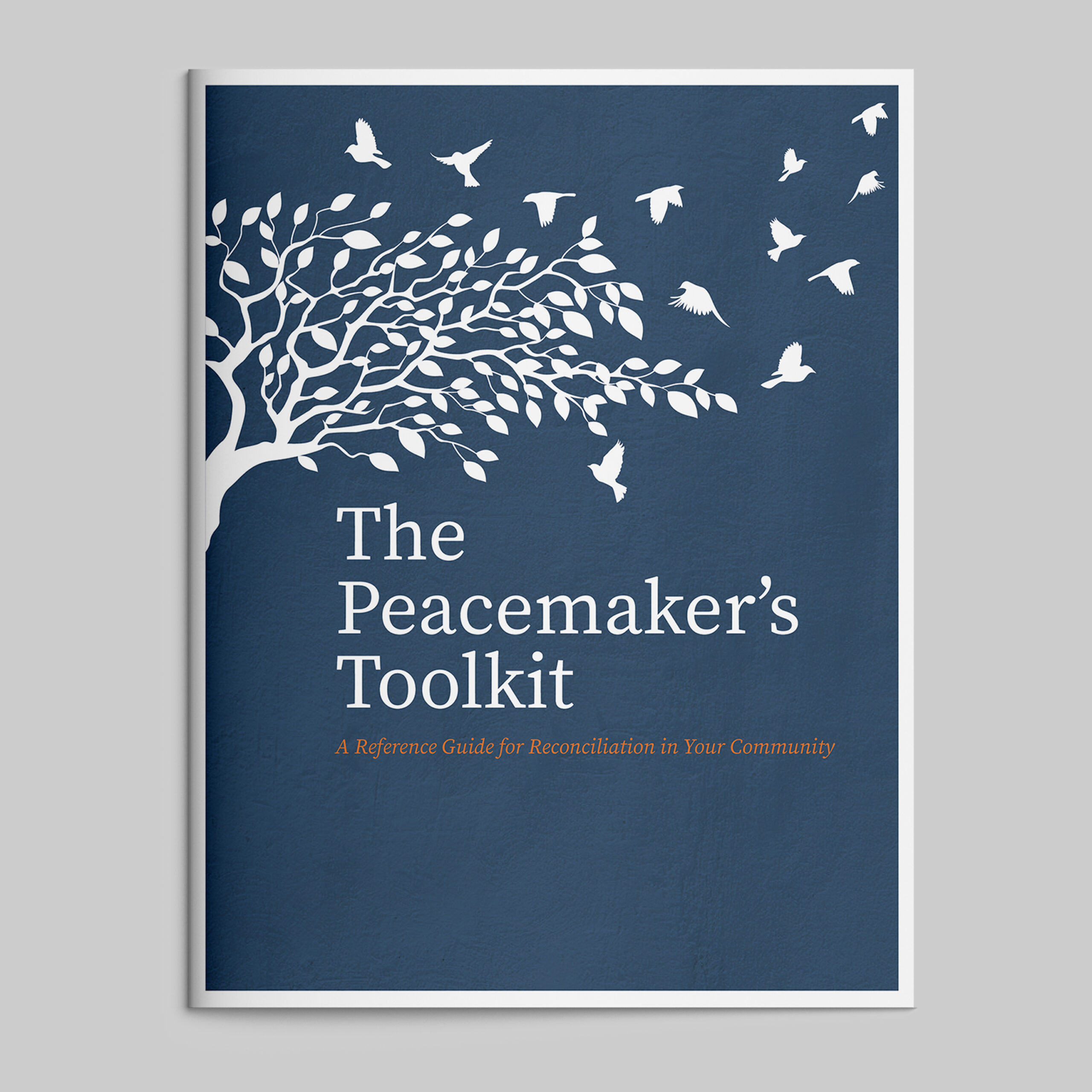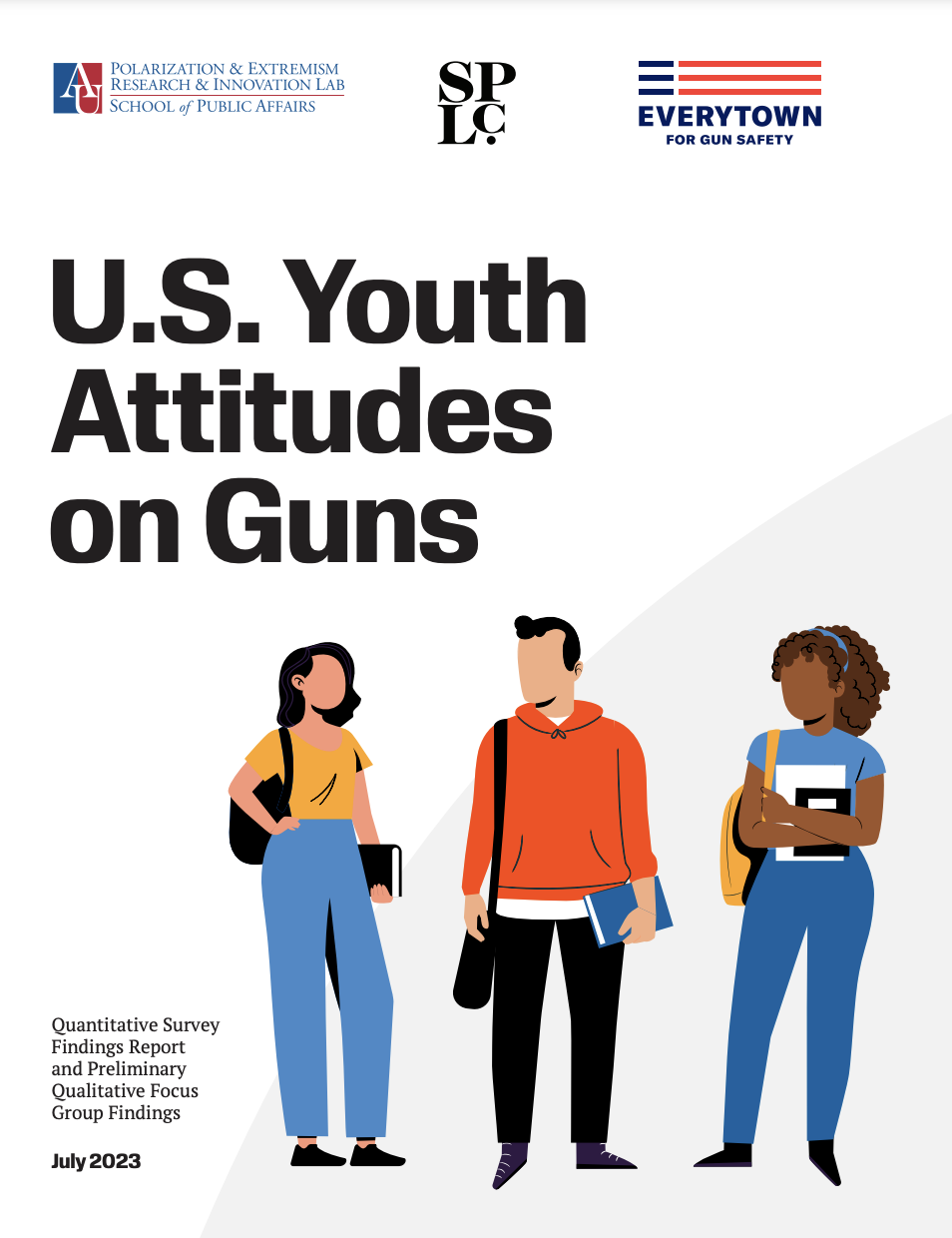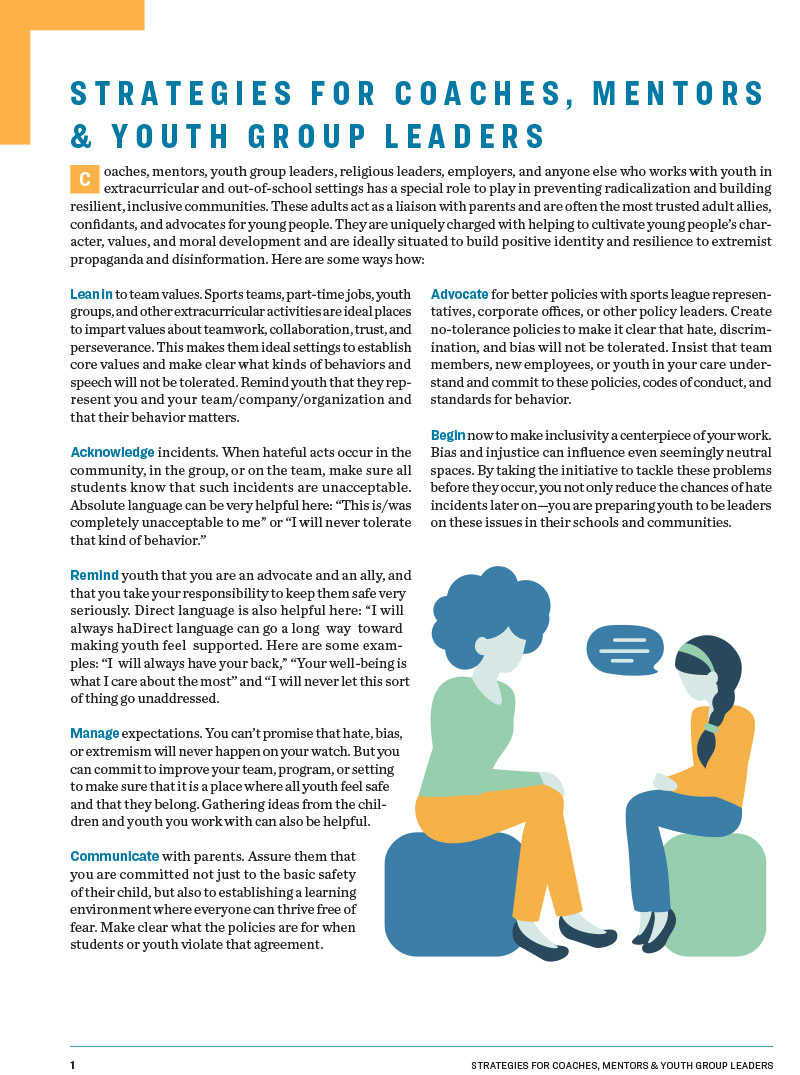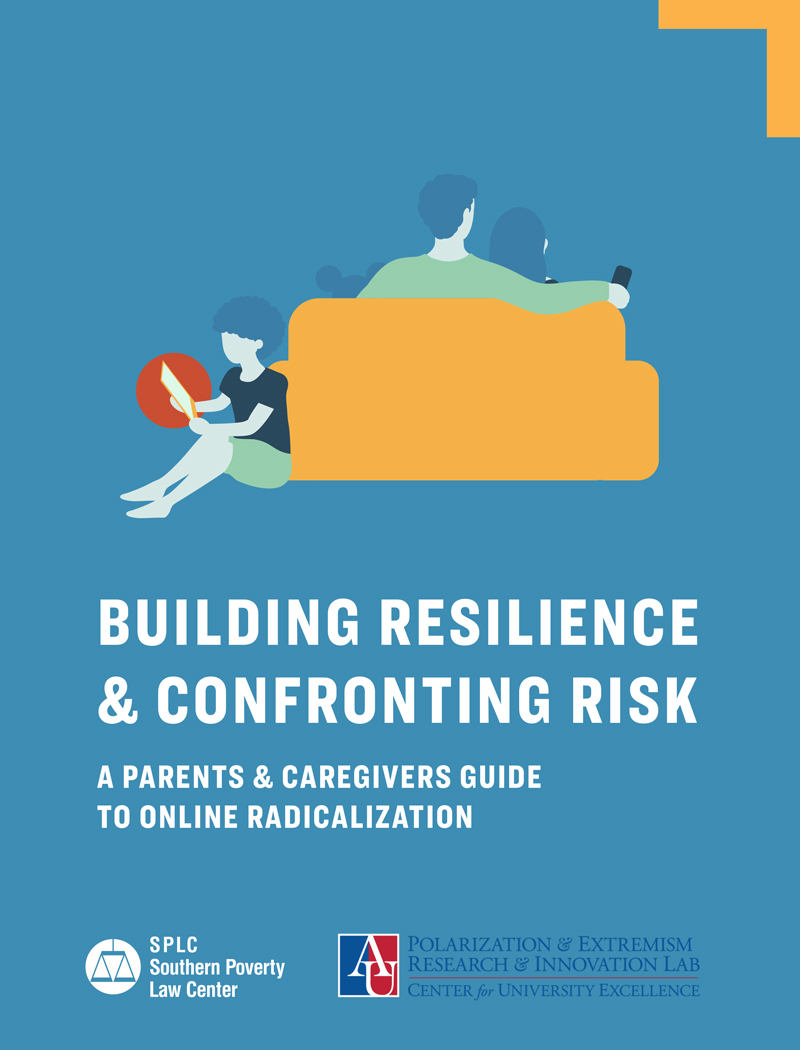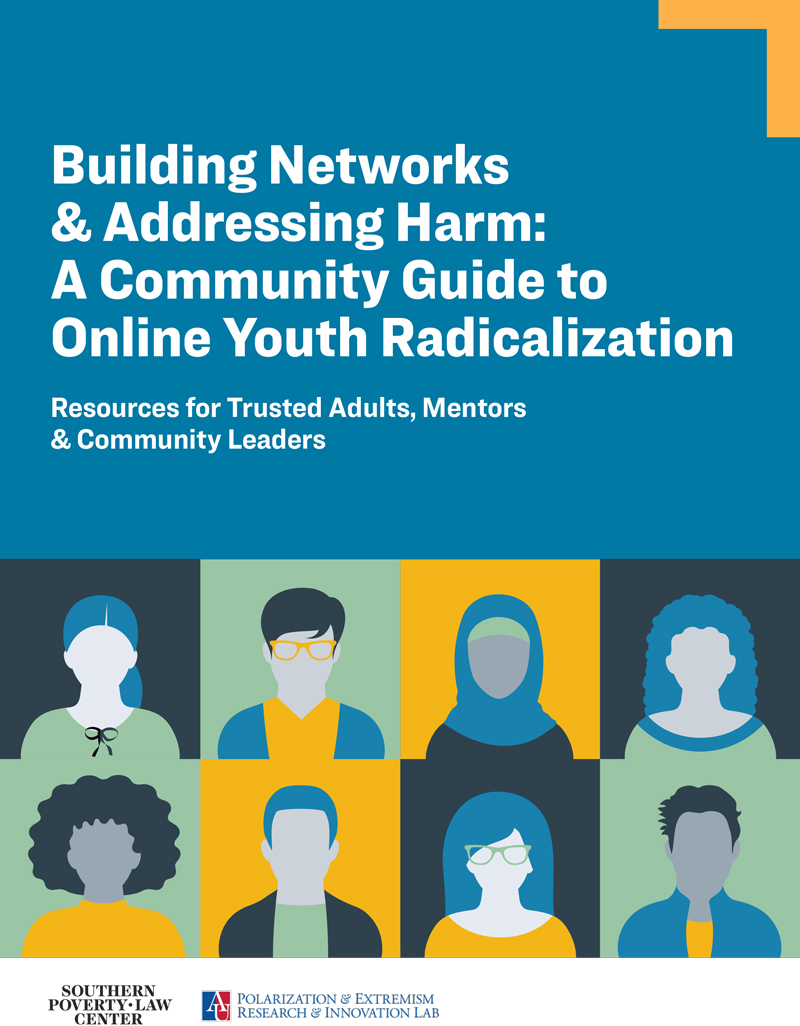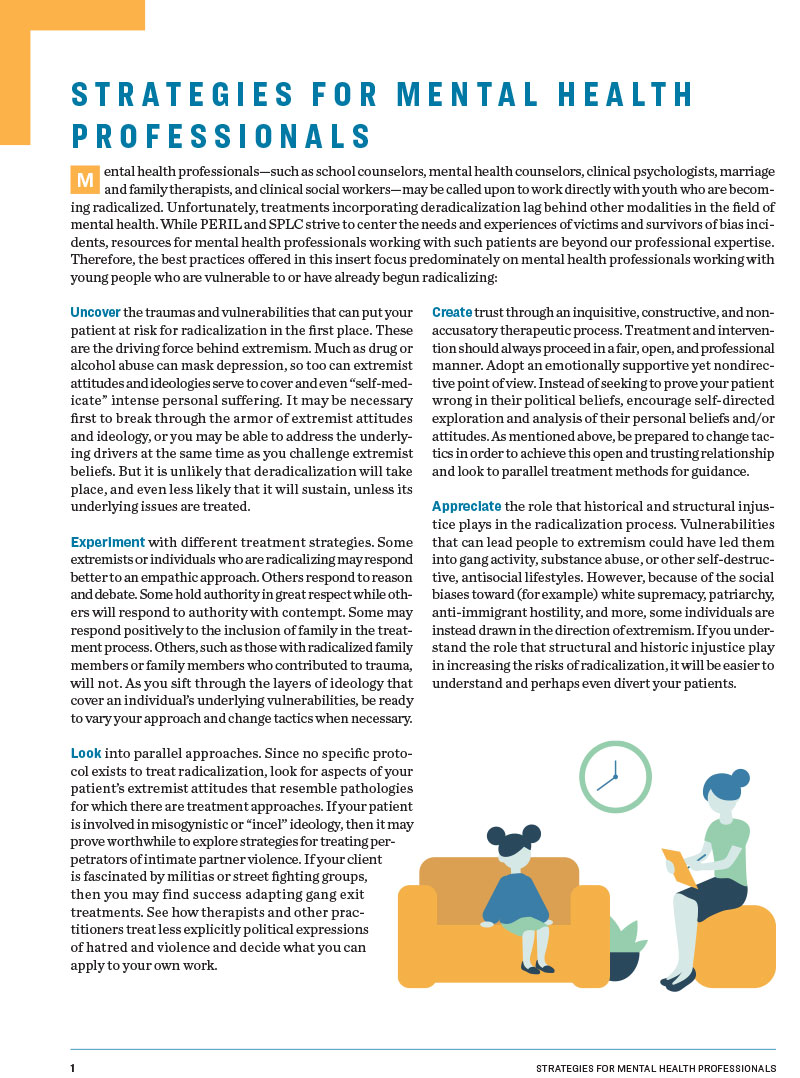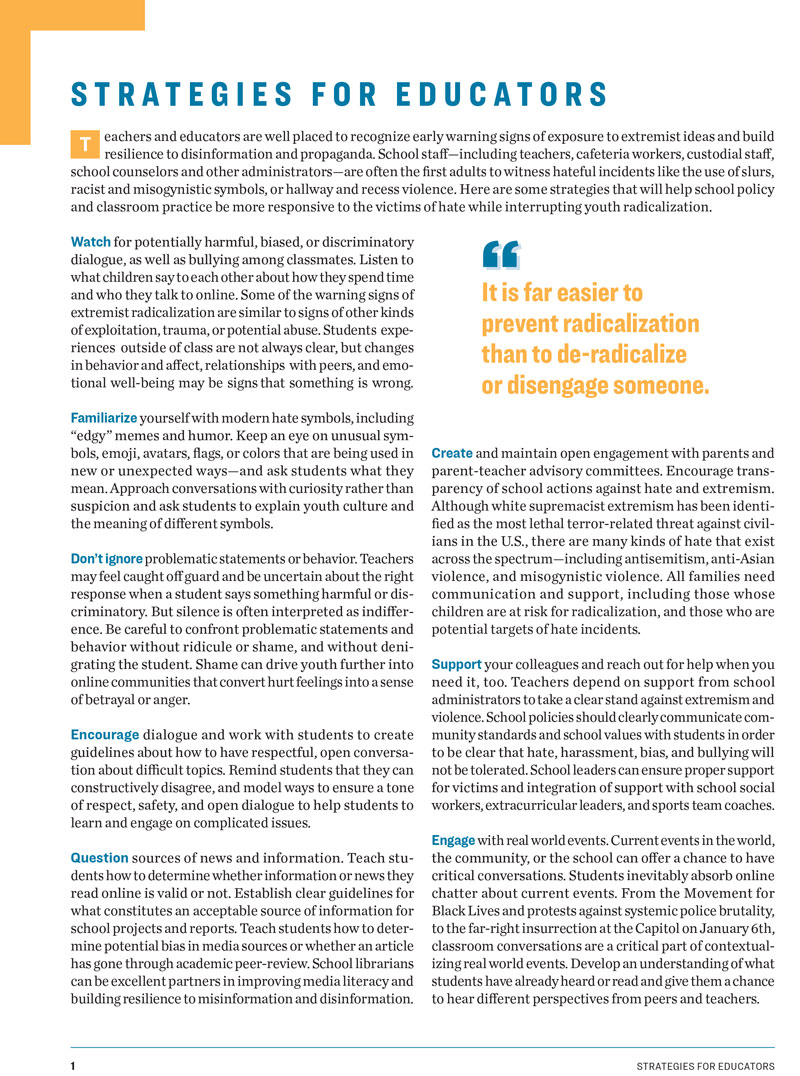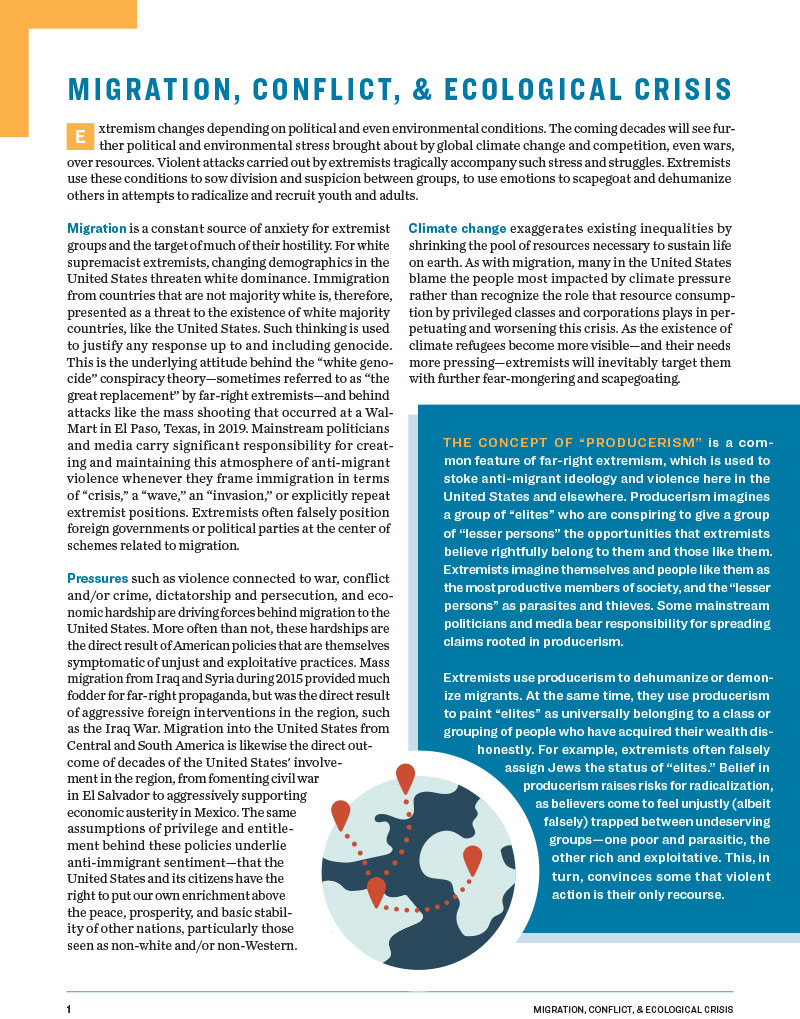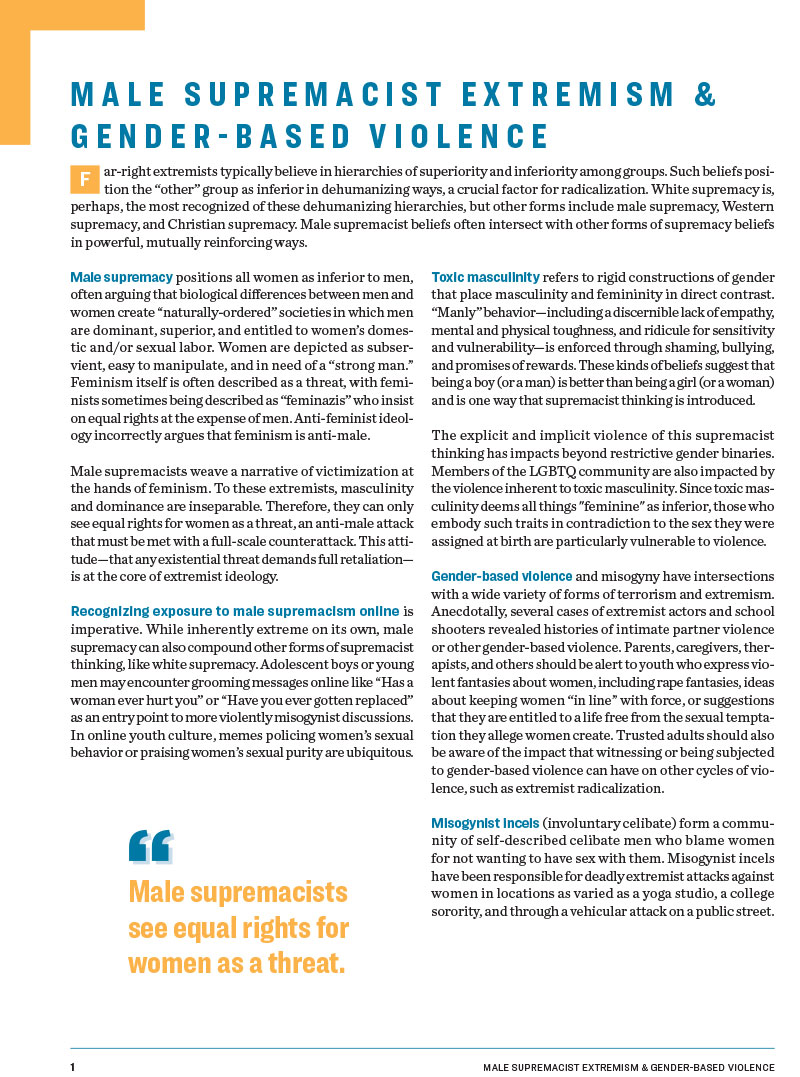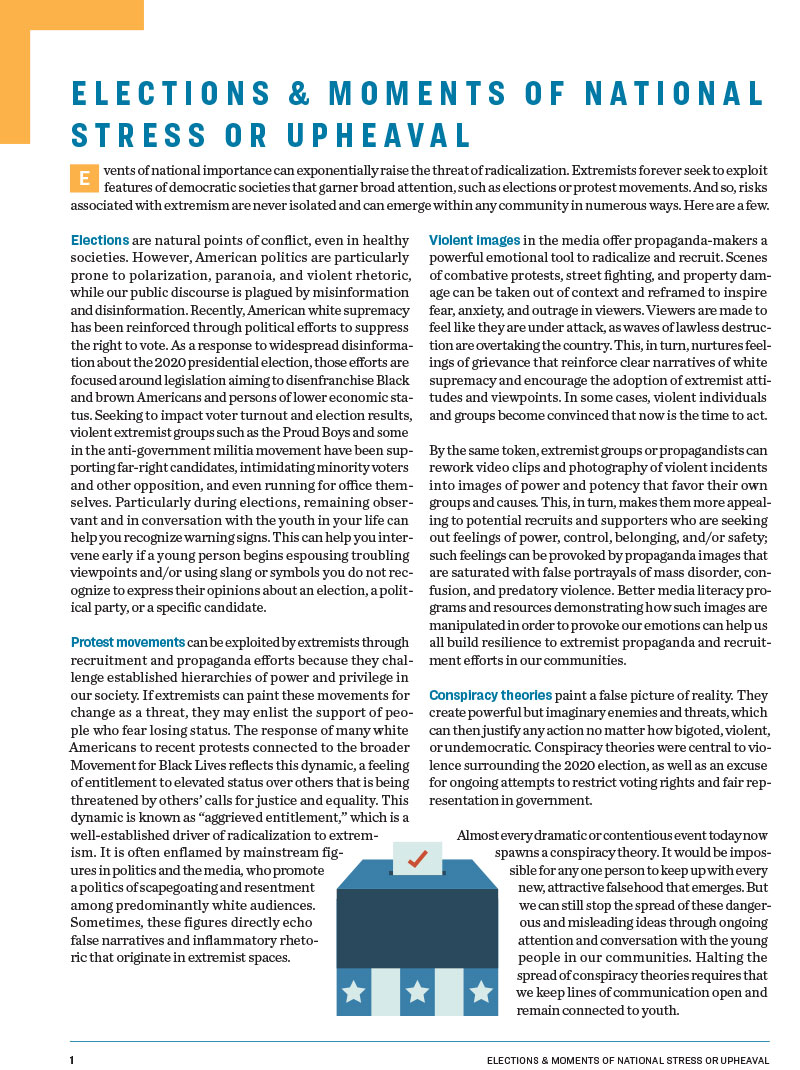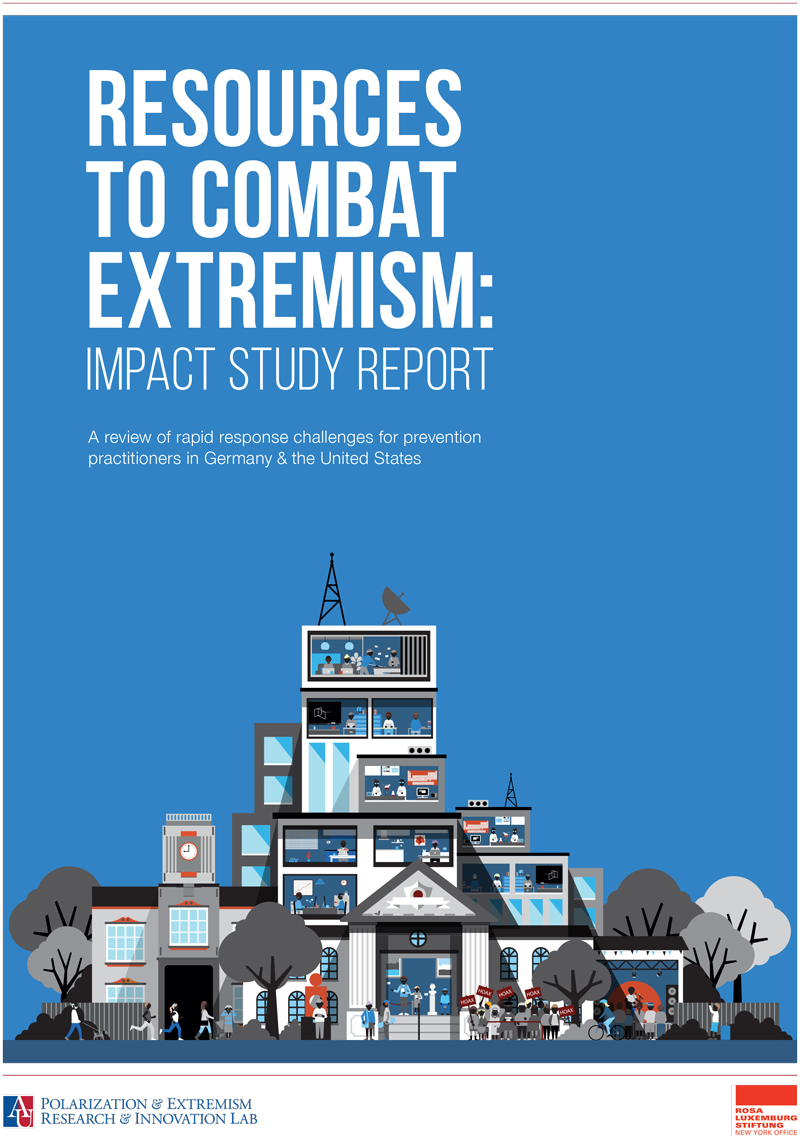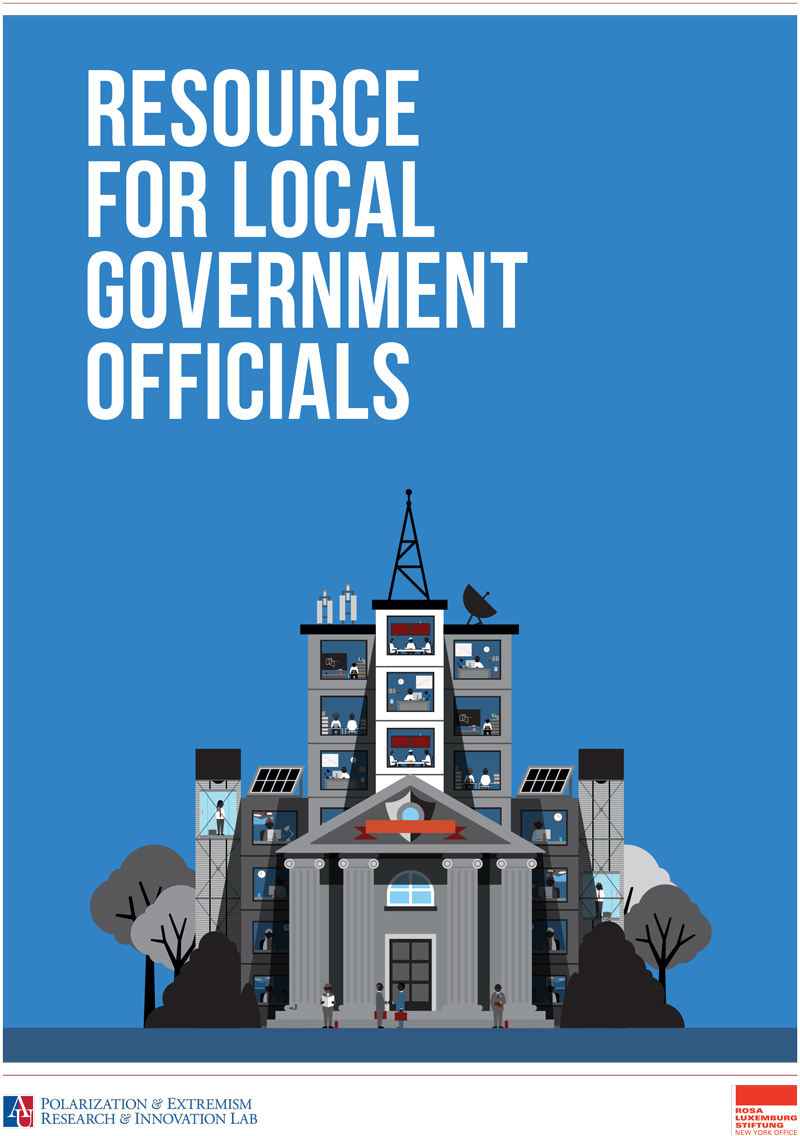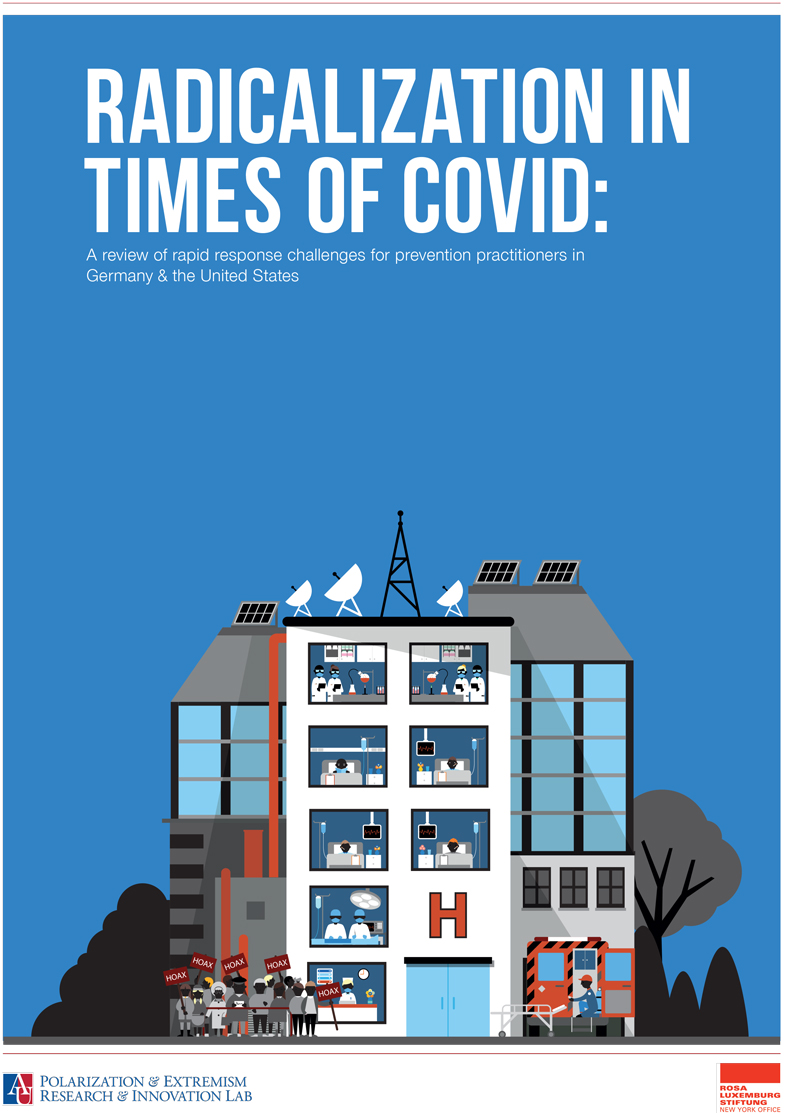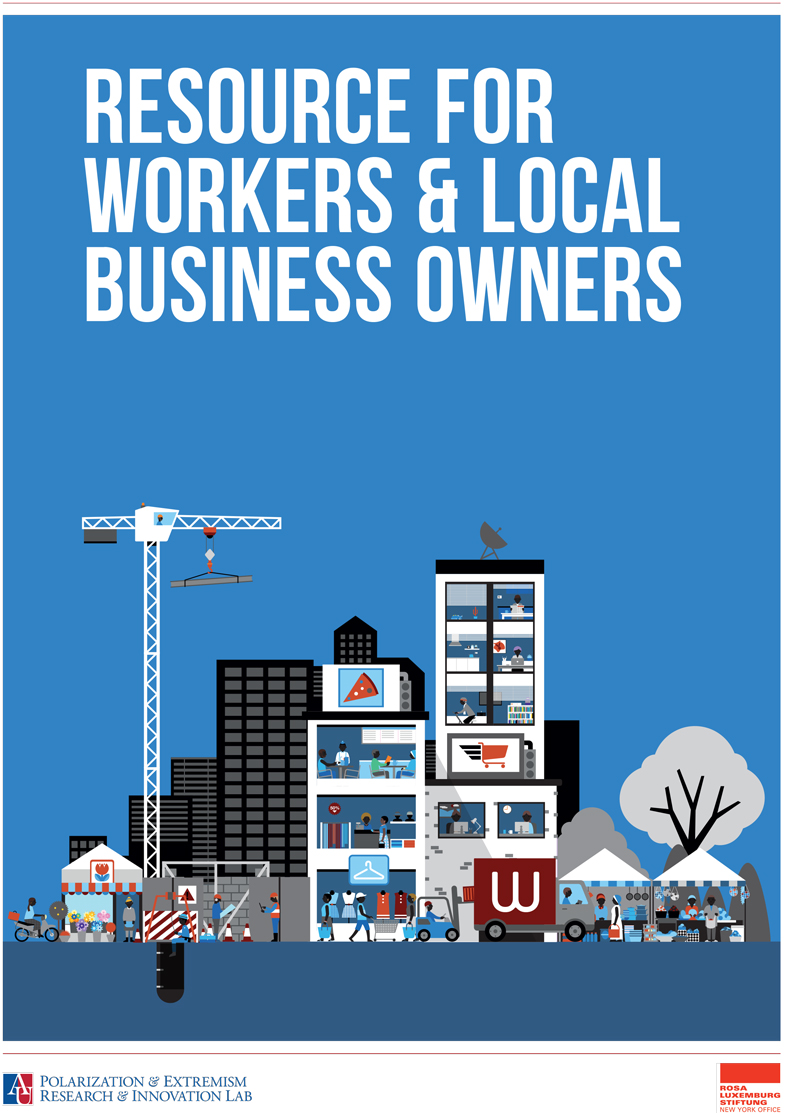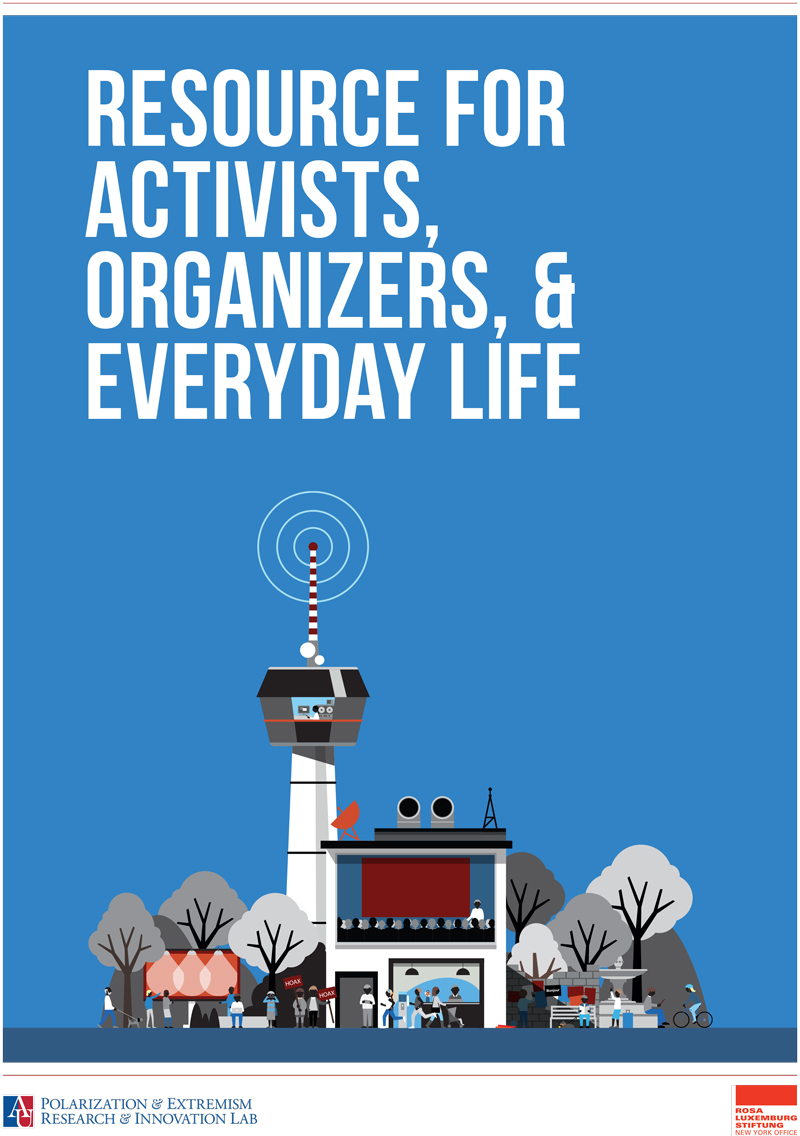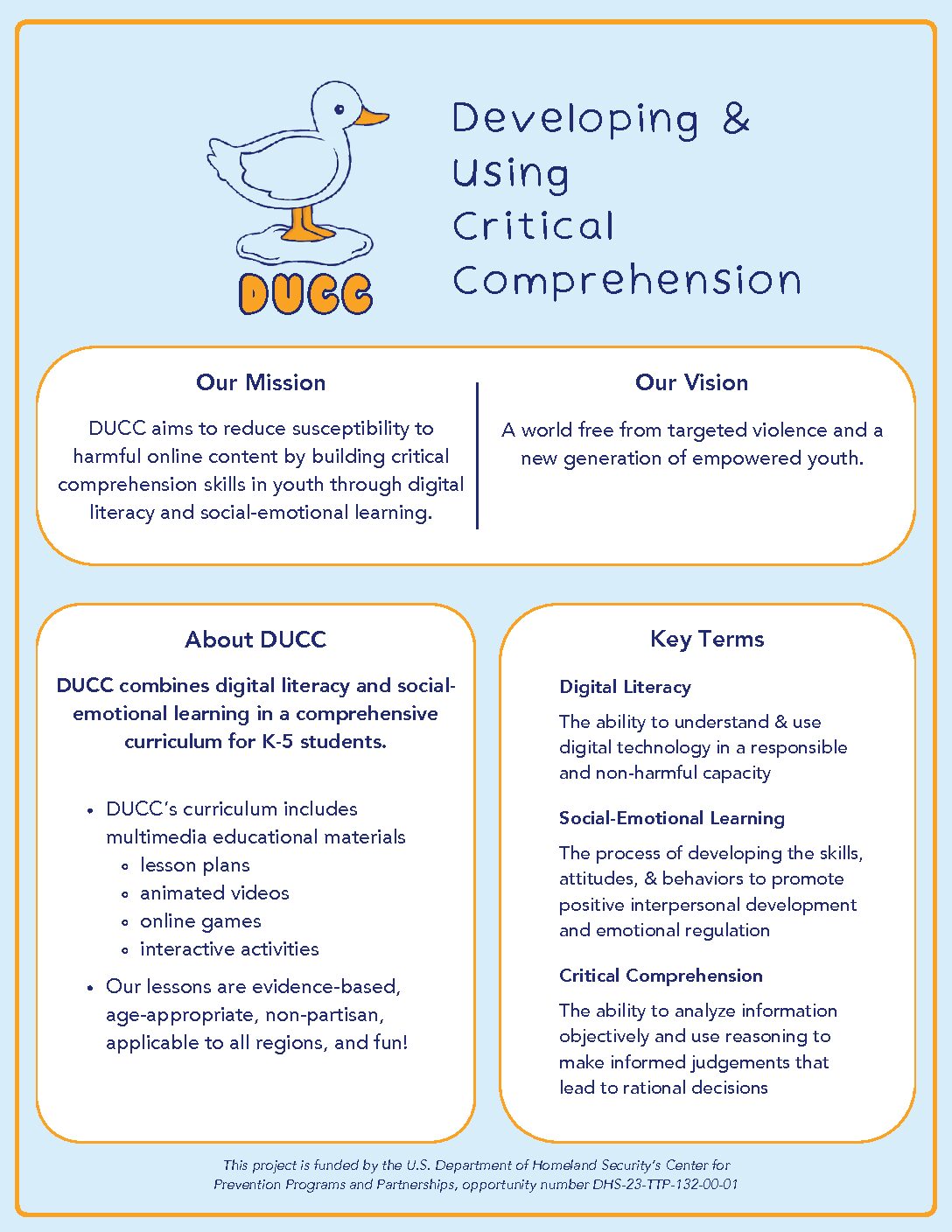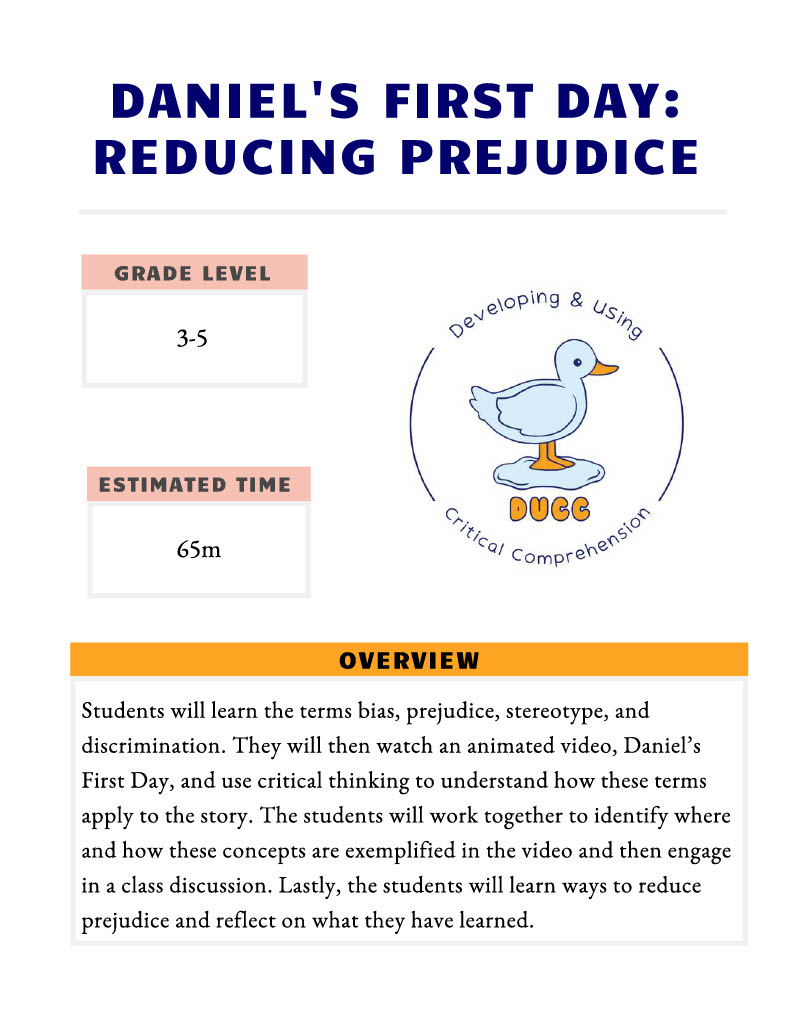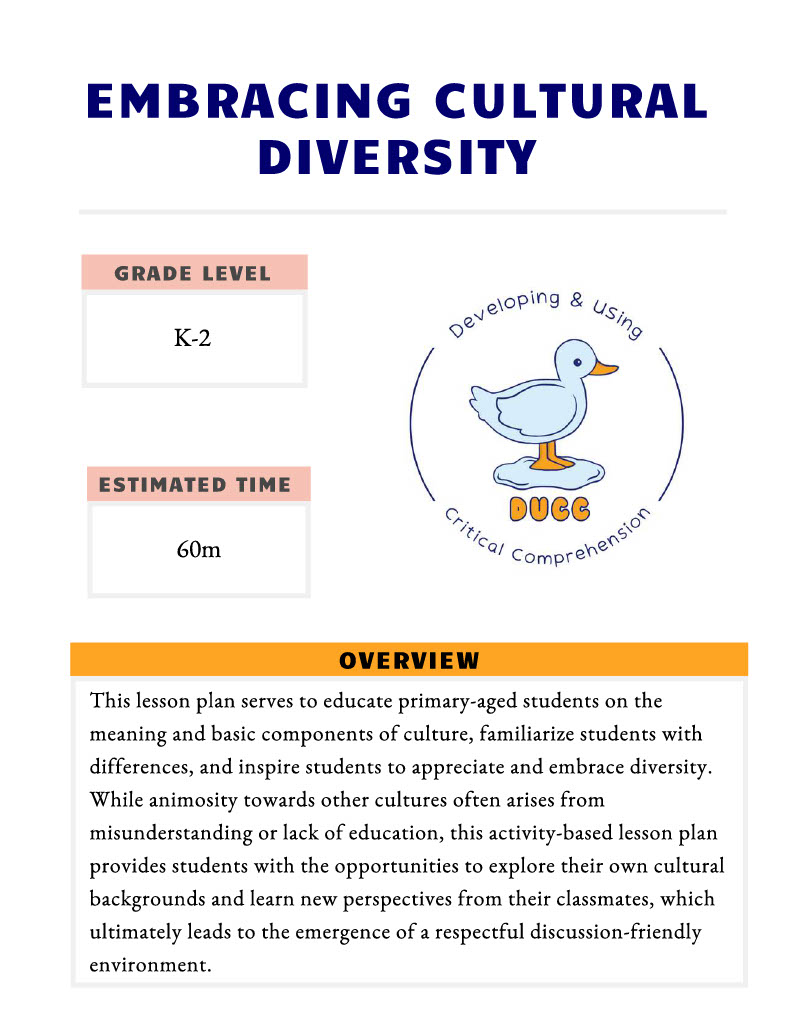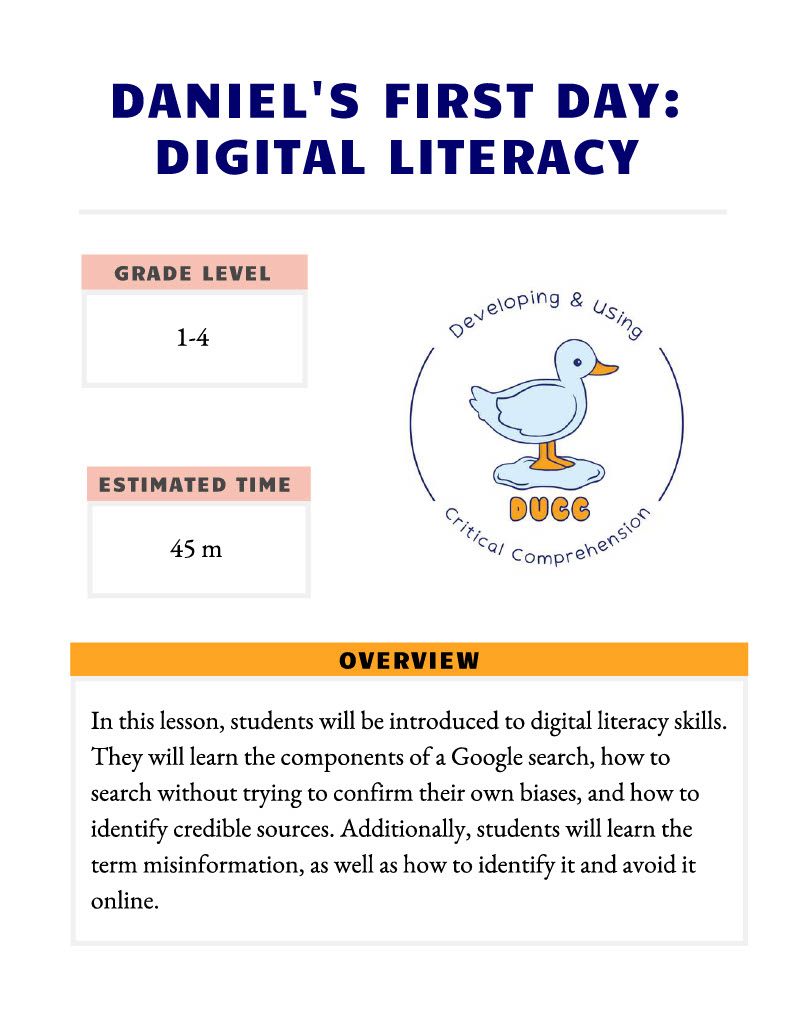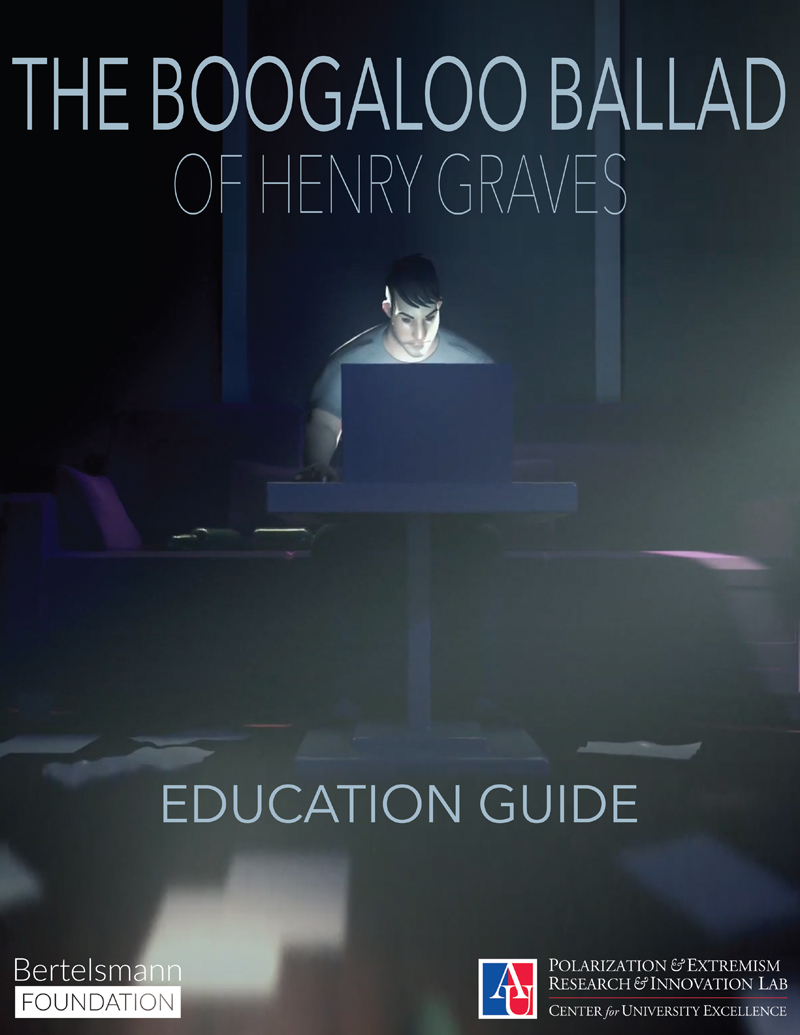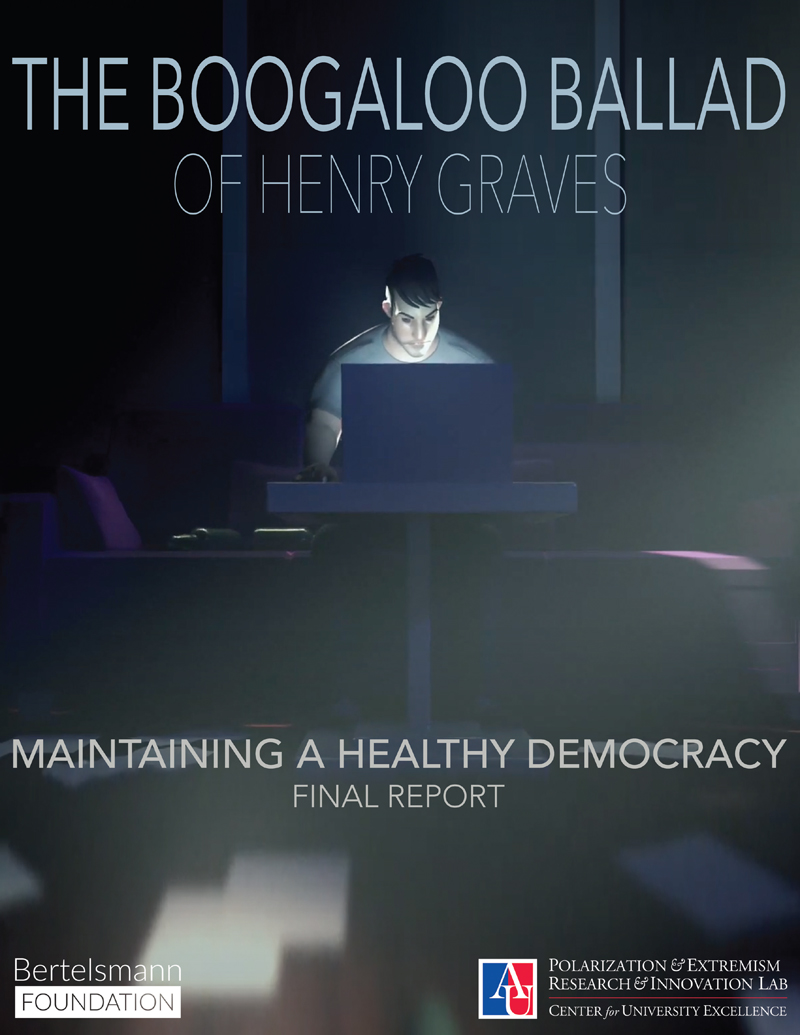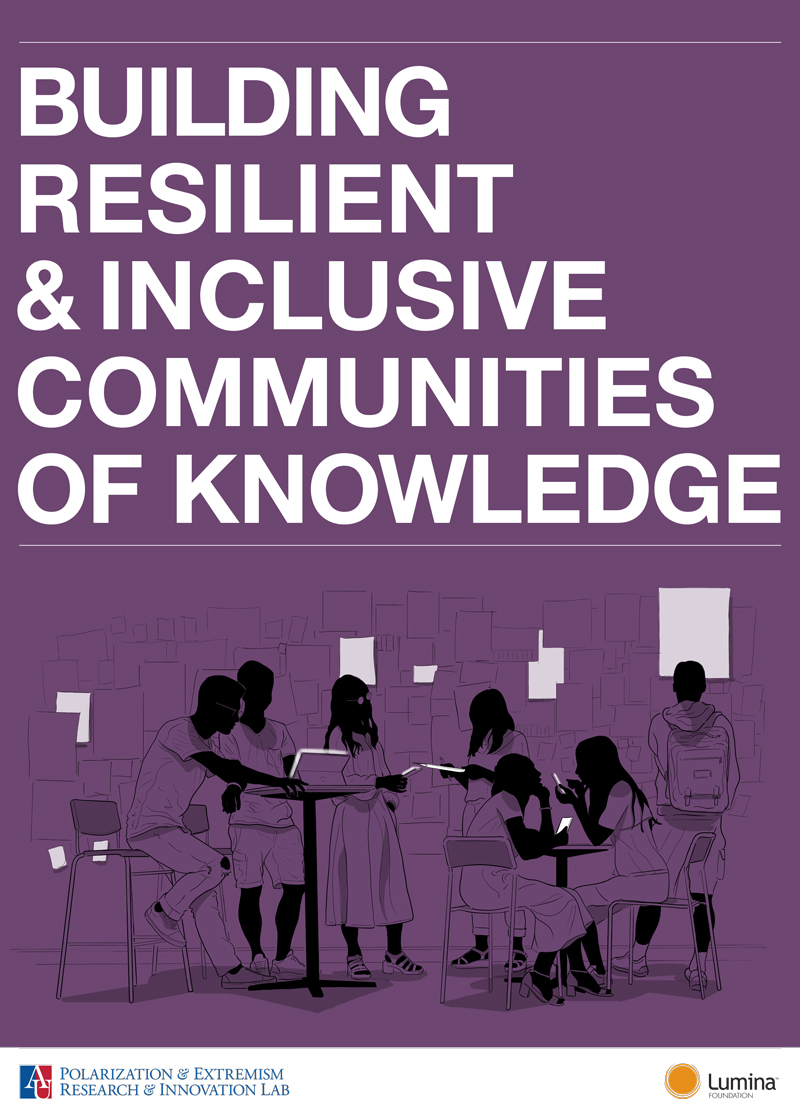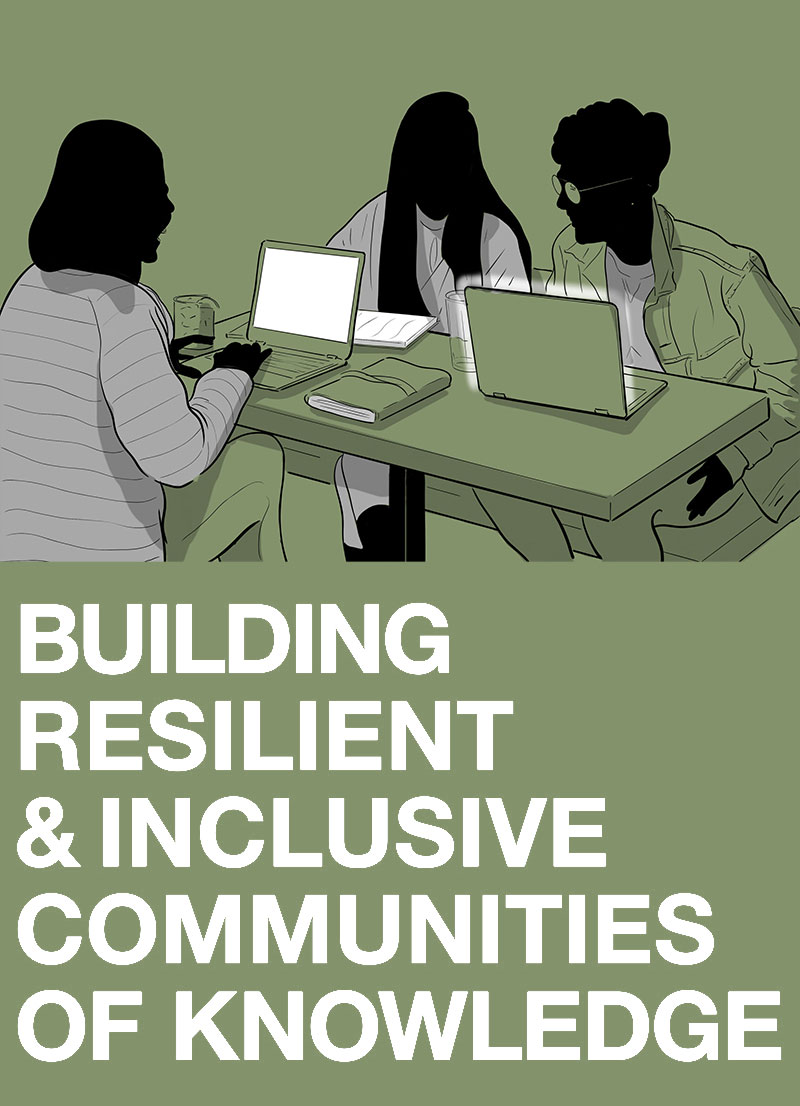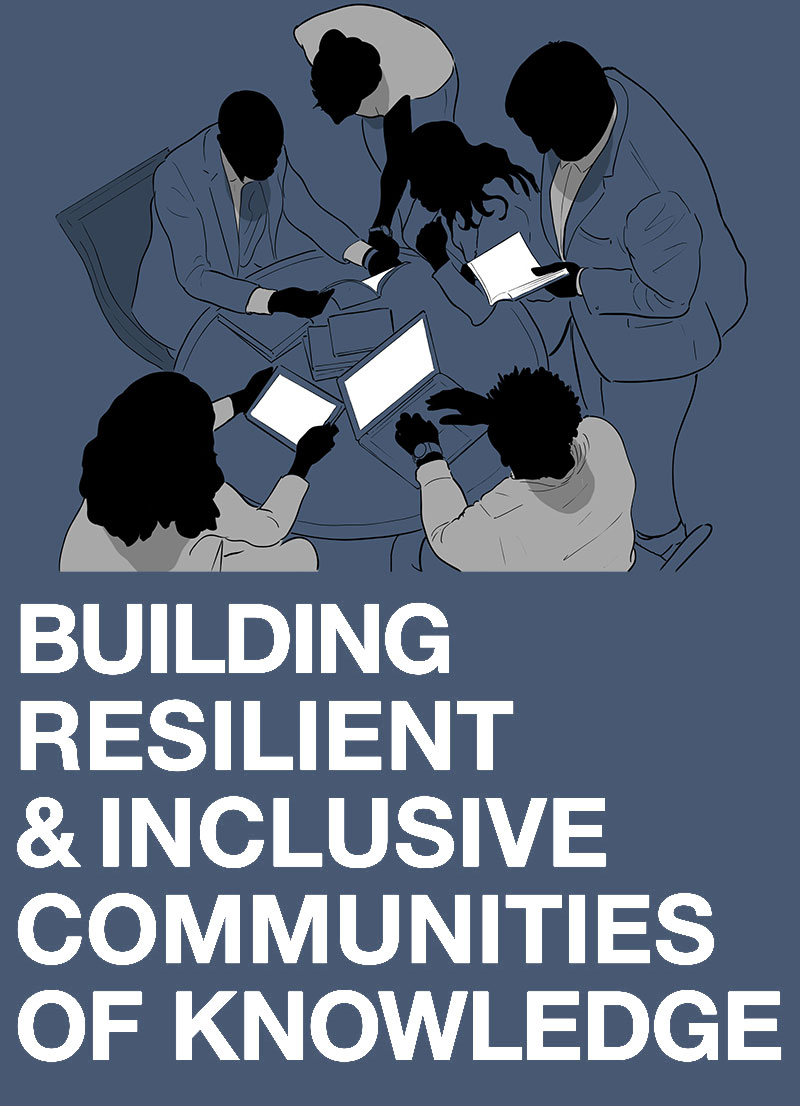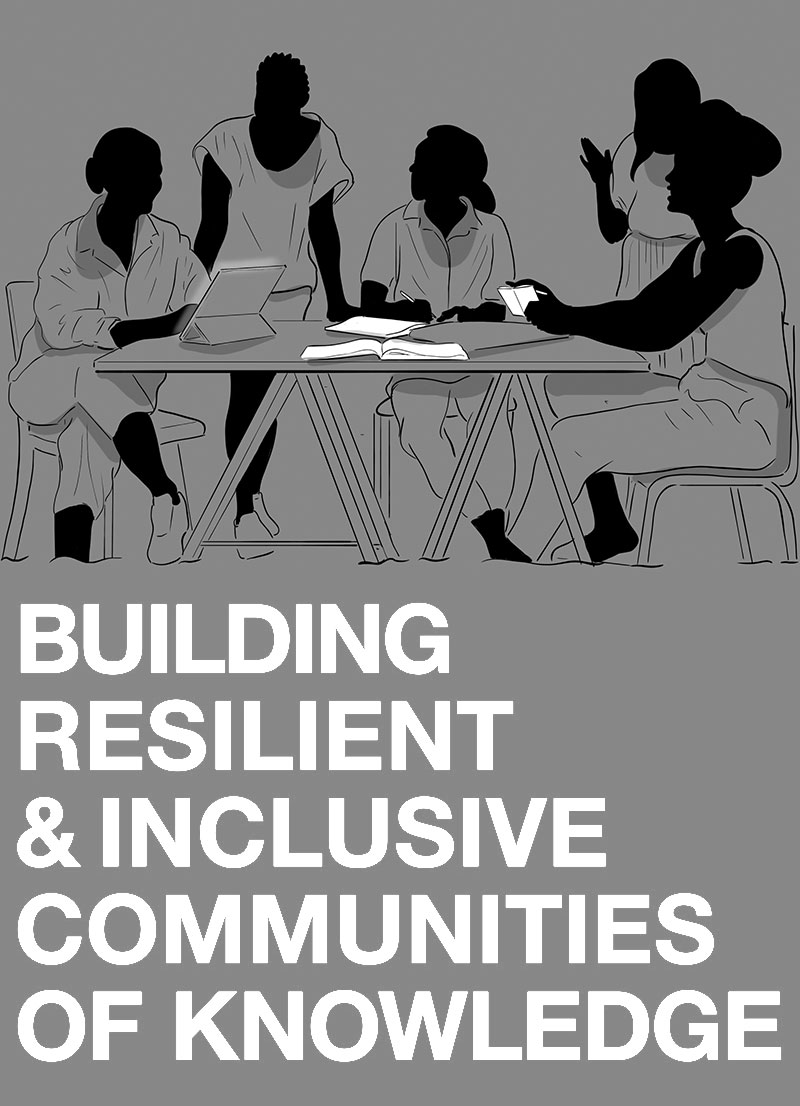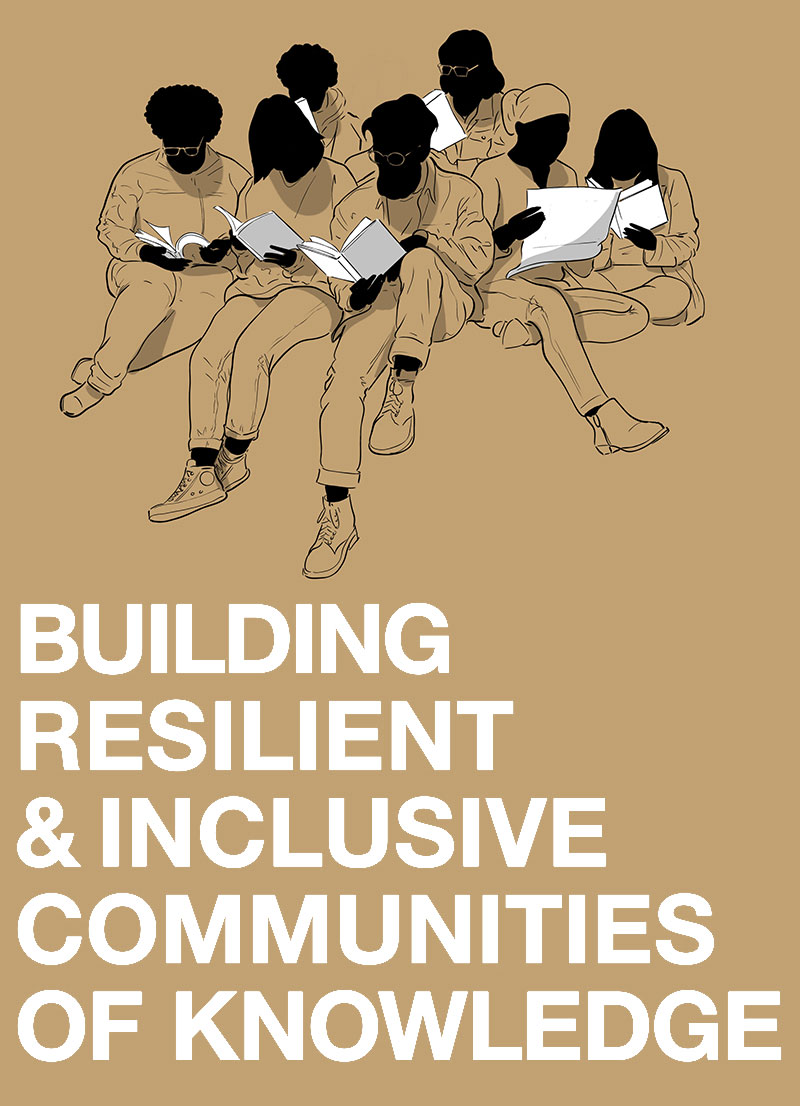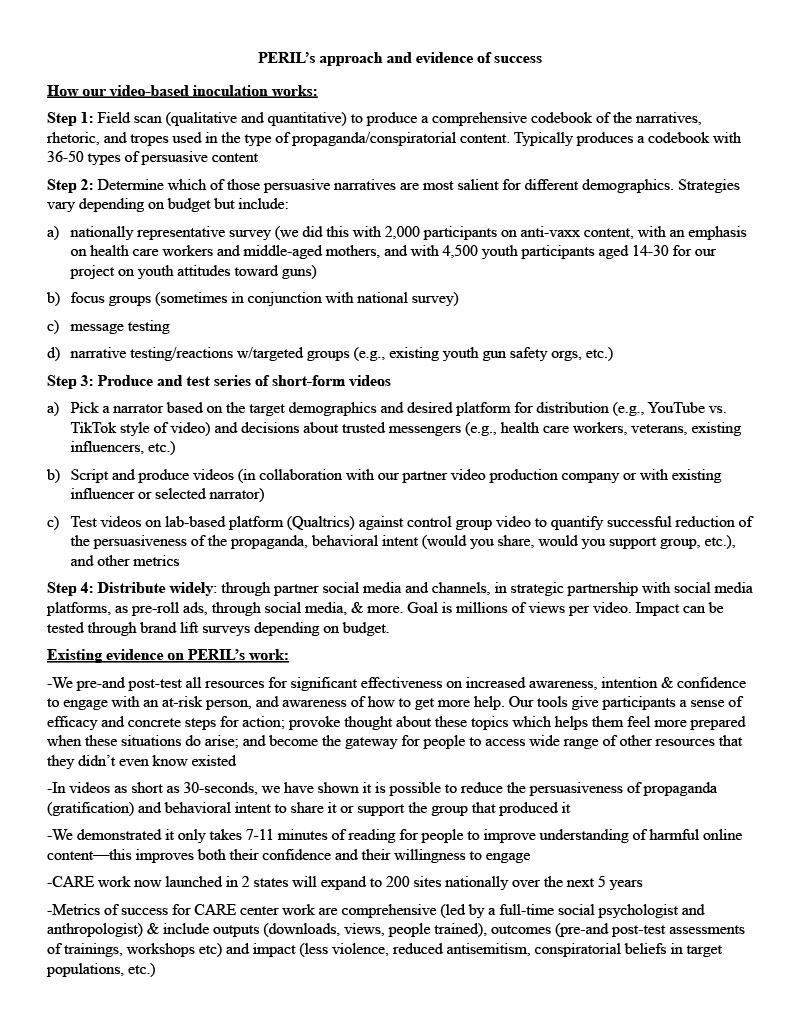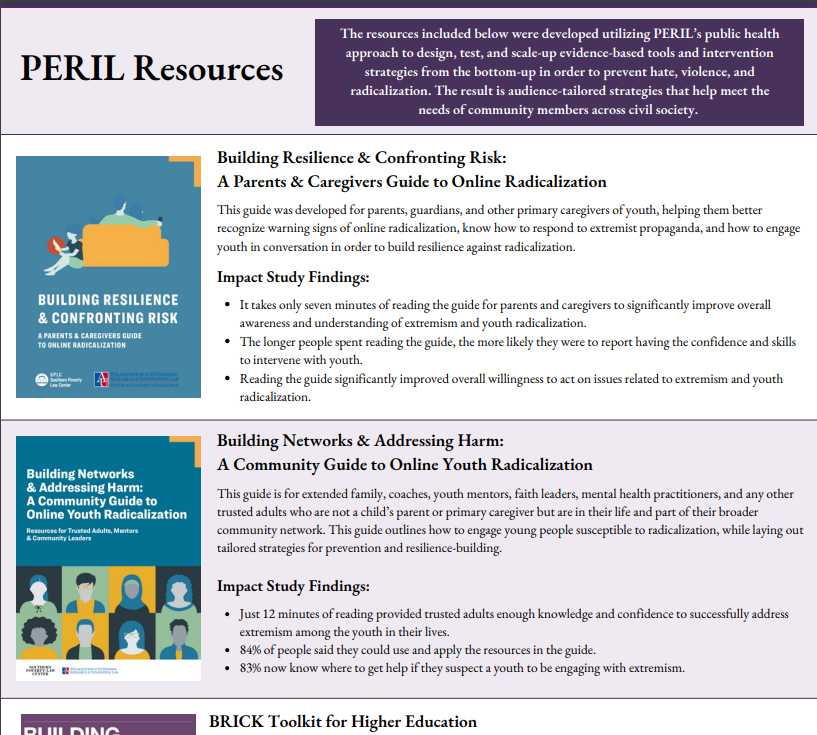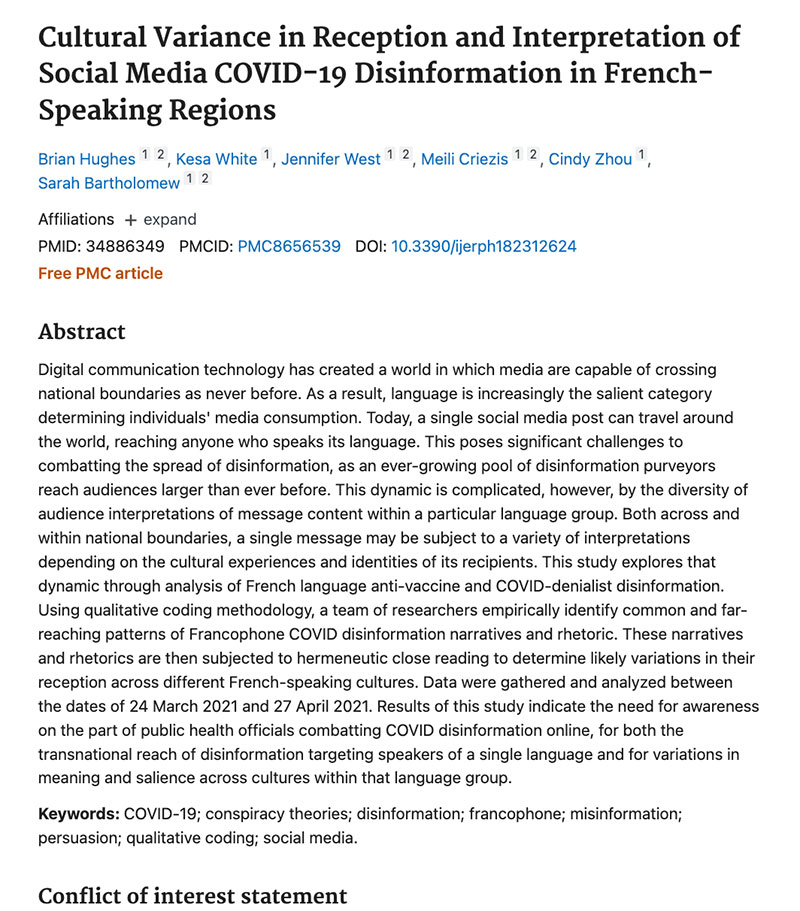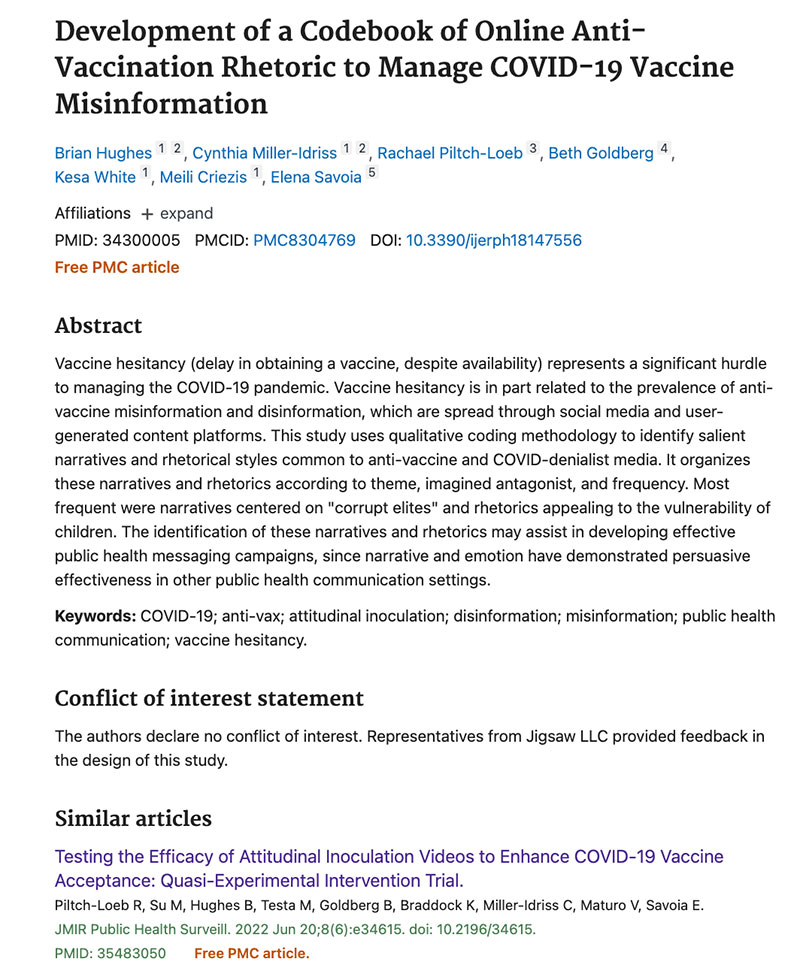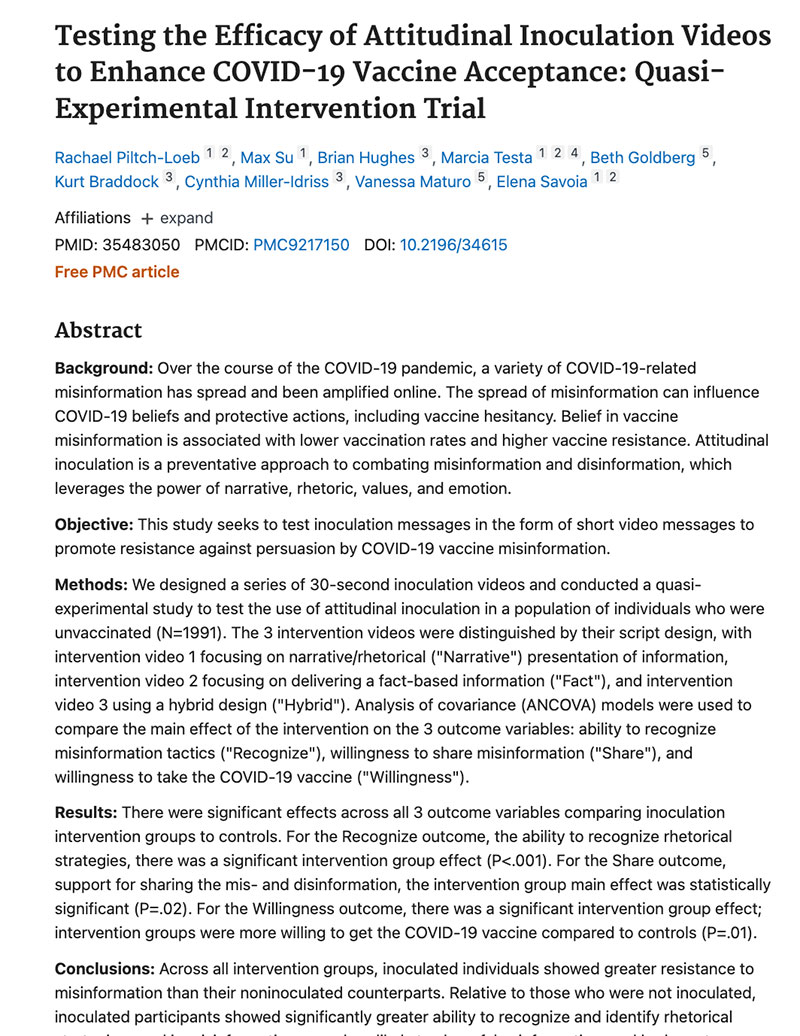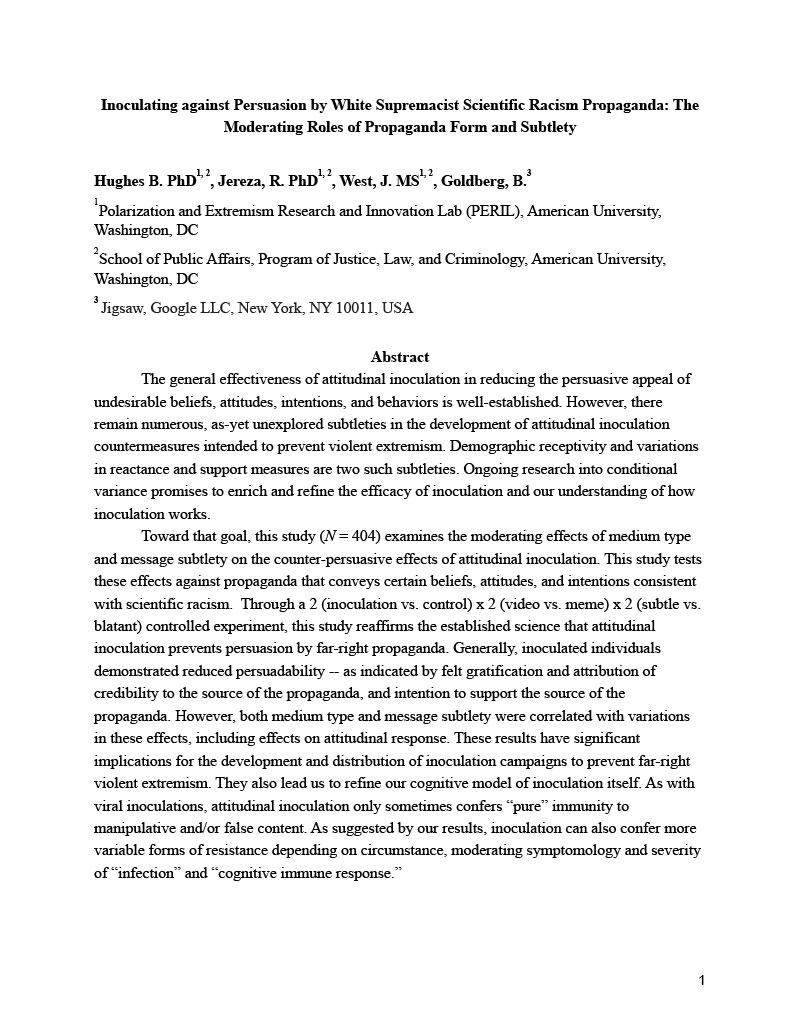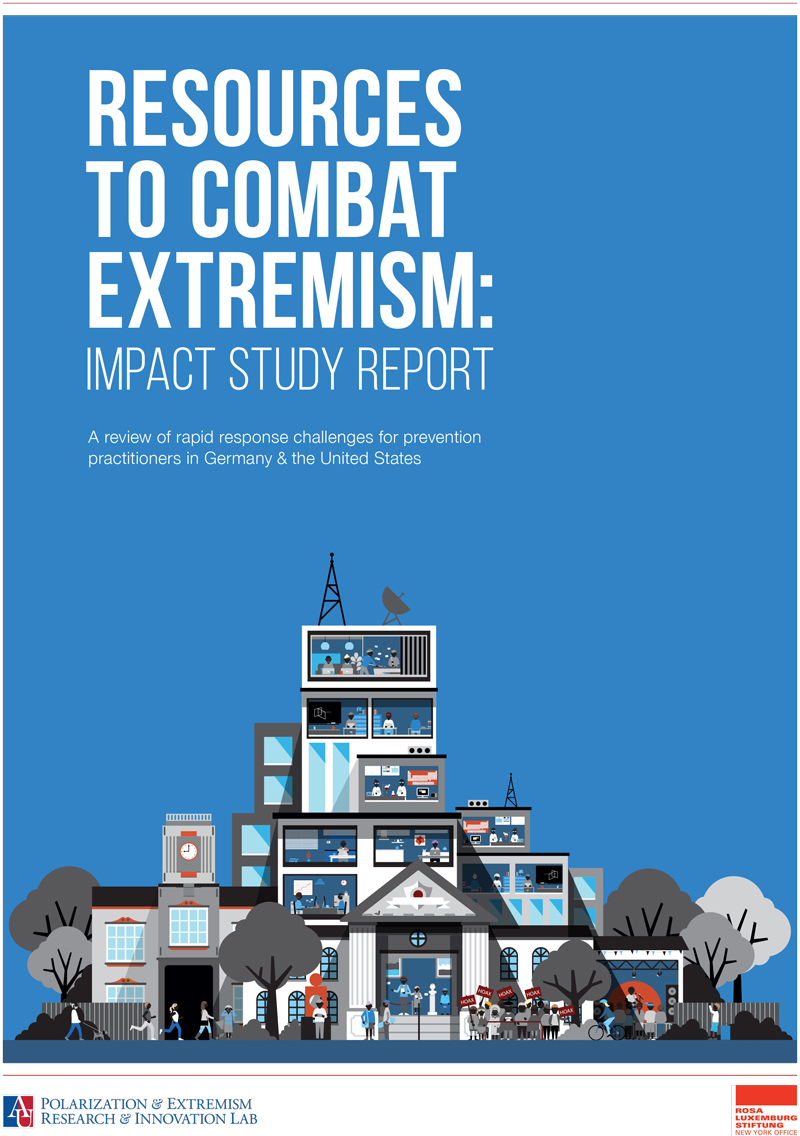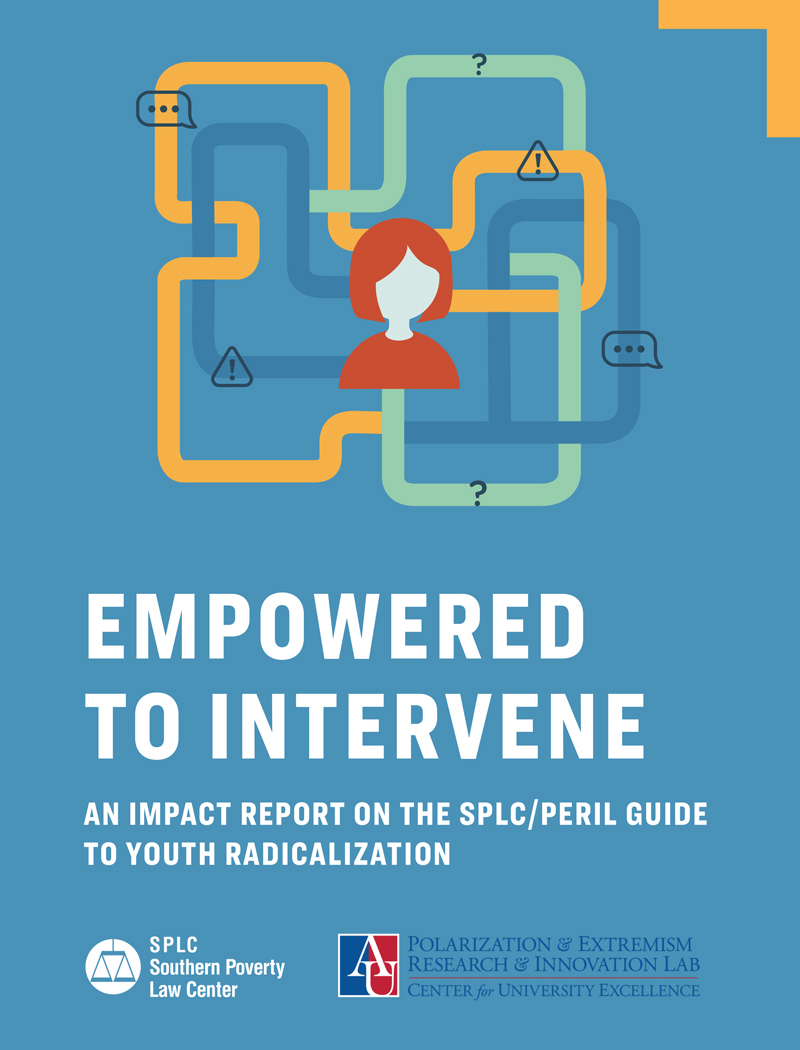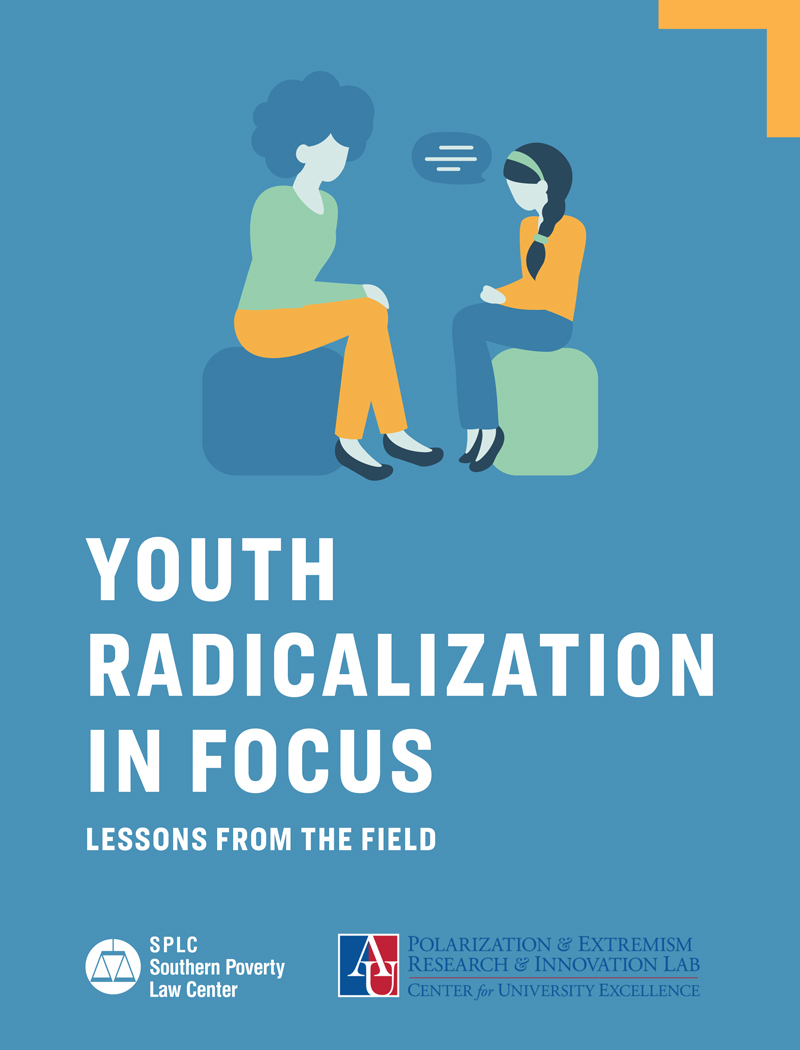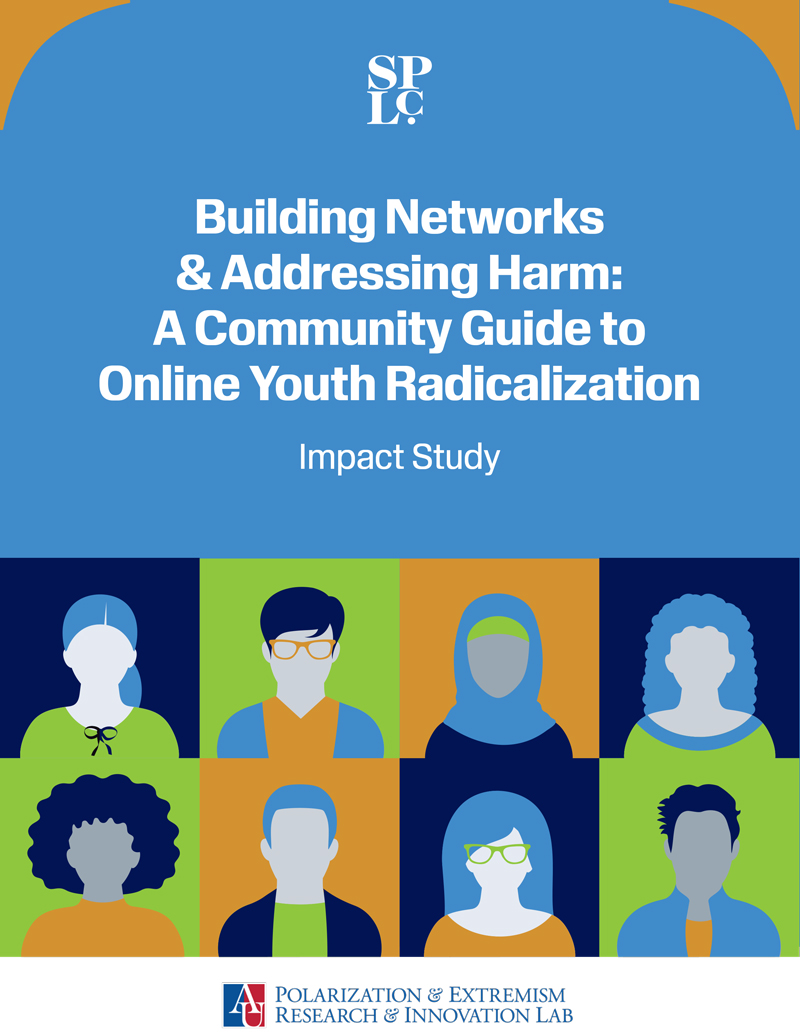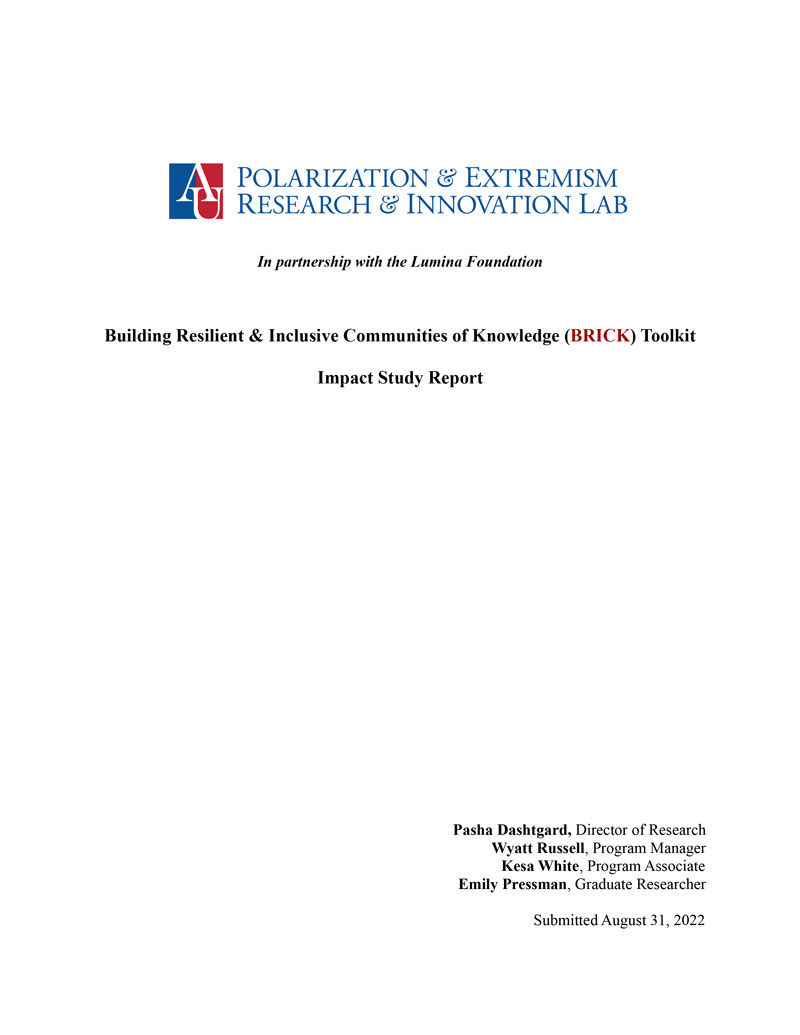Filter
Preventing Community Violence
Building inclusive, resilient democracies that reject hate and violence requires equipping all members of communities with tools to recognize and reject propaganda and protect themselves from harm. Our community tools work to educate parents and caregivers, educators, youth mentors, coaches, mental health counselors, faith communities, small business owners, veterans, local governments, and more about the risks of radicalization, strategies to build off-ramps from violent pathways, ways to support victims, and how to get more help.
Education and Media Literacy
When ideas that were once relegated to the fringes (like antisemitism, violent misogyny, or white supremacist extremism) become normalized and mainstreamed, intervention strategies also have to shift from reactive to proactive approaches. PERIL’s education and media literacy efforts focus on building mainstream resilience to harmful online content, including propaganda, conspiracy theories, disinformation, and more. We aim to equip all individuals and communities with the tools to recognize and reject manipulative and harmful content.
Short-form video as a prevention tool
Since its inception, PERIL has been at the forefront of short-form video as a prevention tool to deliver a hybrid of media literacy education and prevention messaging.
Vaccination
Daniel’s First Day
The Boogaloo Ballad of Henry Graves
Evidence of what works
We are committed to providing evidence of what works and sharing it, along with our methodologies and tools, for free. All of our tools and videos are tested through pre- and post-testing and/or with comparison groups, and are designed with rigorous research from the ground up– nationally representative surveys, focus groups and listening sessions with practitioners, interviews, and participant observation. All PERIL interventions are tested for effectiveness, typically on survey-based platforms using either pre- and post-testing or comparison groups. We use that evidence to ensure the effectiveness of the tools and to develop messaging to help inform communities about tools that can help them. We have demonstrated that it is possible to meaningfully improve communities’ awareness and ability to intervene with a person who is exposed to harmful online content in as little as seven minutes of reading, and in videos as short as 30-seconds.
